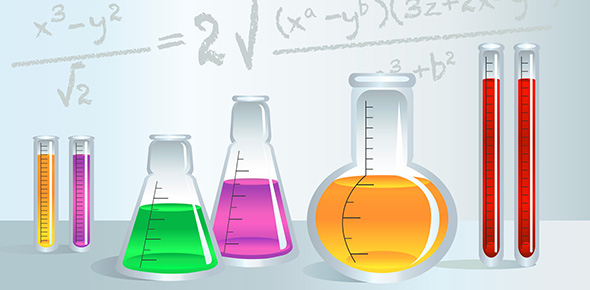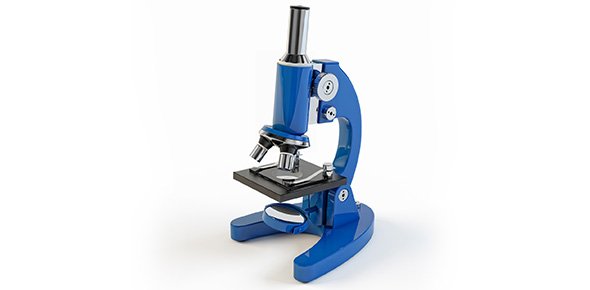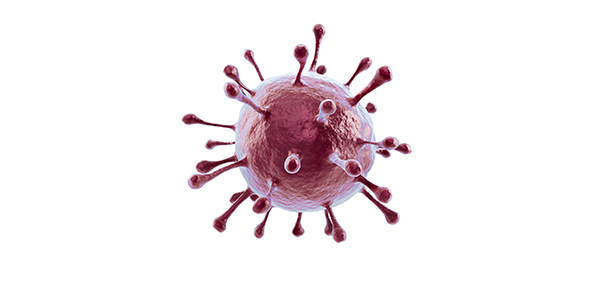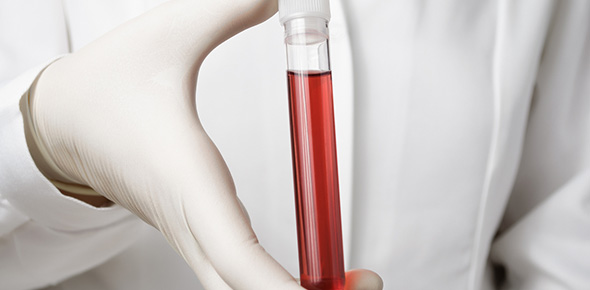Related Flashcards
Related Topics
Cards In This Set
| Front | Back |
|
Threadlike structures in the nuclei of cells that contain genetic material
|
Chromosomes
|
|
Group of compounds that provides a specific set of biochemical instructions
|
Gene
|
|
A complete set of genes that makes up a person's heredity
|
Genotype
|
|
Physical, behavioral, and psychological features that result from the interaction between one's genes and the environment
|
Phenotype
|
|
When both alleles in a pair of chromosomes are the same
|
Homozygous
|
|
When the alleles in a pair of chromosomes differ from each other
|
Heterozygous
|
|
Form of an allele whose chemical instructions are followed
|
Dominant
|
|
Allele whose instructions are ignored in the presence of a dominant allele
|
Recessive
|
|
Situation when one allele does not dominate another completely
|
Incomplete dominance
|
|
Disorder in which blood cells are misshapen and cannot pass through the body's smallest blood vessels
|
Sickle-cell disease
|
|
Disorder in which individuals have a dominant allele for normal blood cells and a recessive allele for sickle-shaped blood cells, resulting in mild anemia only in presence of oxygen deprivation
|
Sickle-cell trait
|
|
Inherited disorder in which the individual lacks a liver enzyme necessary to convert phenylaline (in dairy, bread, fish, and diet soda) into tyrosine, resulting in poisoning of the nervous system and mental retardation IF these foods are eaten
|
Phenylketonuria (PKU)
|
|
Fatal inherited disease characterized by progressive degeneration of the nervous system in middle age after developing normally through early adulthood, resulting in muscle spasms, depression, and significant changes in personality
|
Huntingdon's disease
|
|
Disorder caused by an extra 21st chromosome, resulting in mental retardation and distinguishable facial features such as upward slanting eyes, fold over the eyelid and flattened facial profile, and a life expectancy of 25 to 60 years. Advanced maternal age is a significant risk factor.
|
Down Syndrome
|








